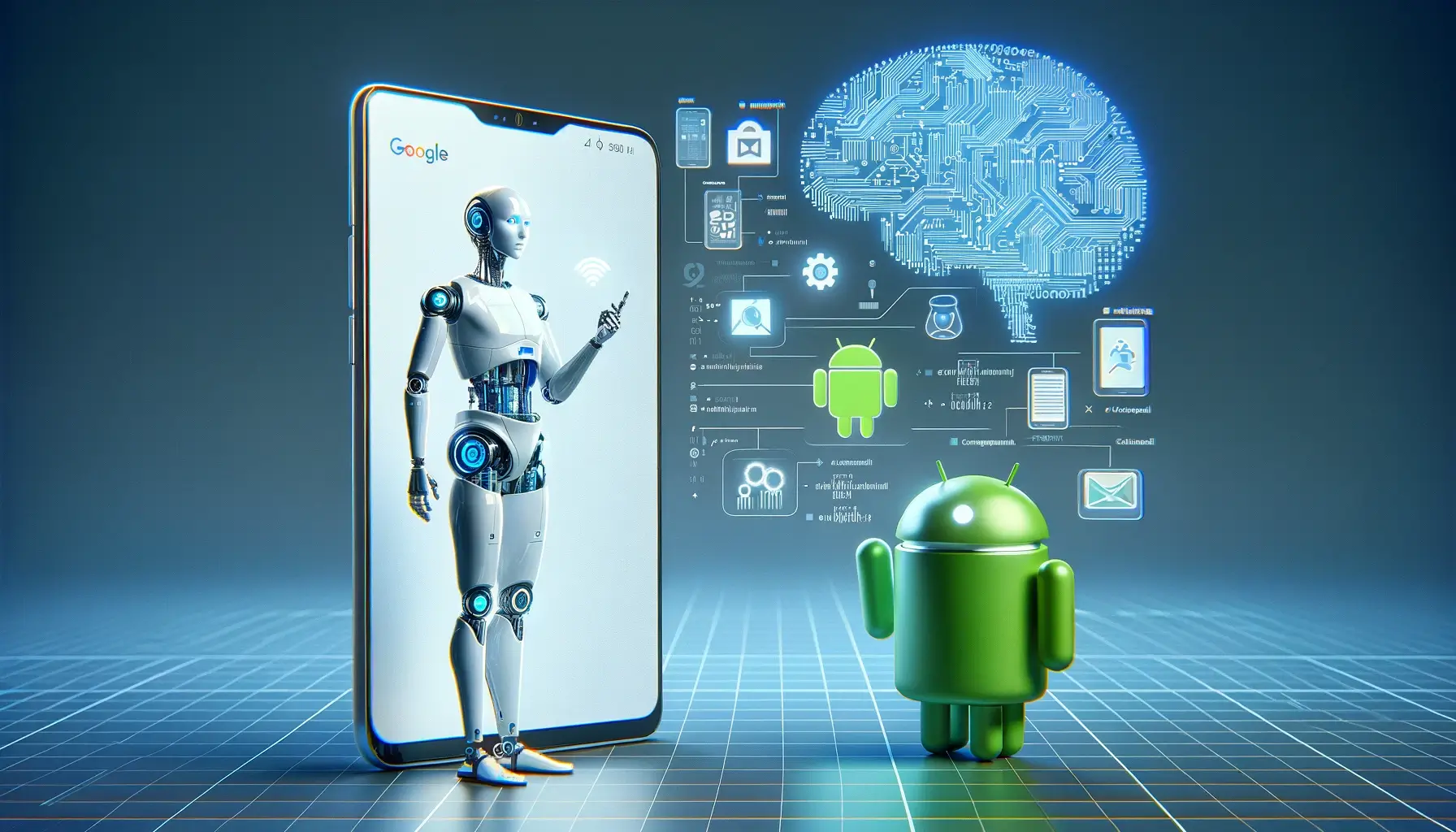In a groundbreaking development, Microsoft, in collaboration with researchers from Peking University, has achieved a significant milestone in AI technology by teaching GPT-4 to autonomously navigate within the Android operating system.
Cracking the Code: Overcoming Challenges in OS Manipulation
Manipulating operating systems has long been a daunting challenge for AI systems like GPT-4 due to the intricate nature of OS environments.
However, the research team’s innovative approach, outlined in a recent study, has shed light on effective strategies to address this complexity.
“While AI models like GPT-4 excel in generative tasks, such as text generation, they often struggle when tasked with navigating and manipulating operating systems,” says Dr. Zhang, lead researcher at Peking University.
“This is primarily attributed to the dynamic and multifaceted nature of OS operations, which demand a high degree of understanding, reasoning, exploration, and reflection from AI agents.”
The AndroidArena: A Novel Training Environment
To tackle this challenge head-on, the research team devised a novel training environment called AndroidArena, designed to simulate the Android OS environment.
By providing GPT-4 with a platform to explore and interact with OS components, the researchers gained valuable insights into the specific capabilities lacking in current AI models.
“Through rigorous experimentation and benchmarking, we identified four key capabilities essential for effective OS manipulation: understanding, reasoning, exploration, and reflection,” explains Dr. Lee, a senior researcher at Microsoft.
“These capabilities serve as foundational pillars for enabling AI agents to navigate and perform tasks within operating systems seamlessly.”
Prompt Engineering: A Game-Changing Strategy
One of the most remarkable findings of the study was the discovery of a simple yet highly effective strategy to enhance GPT-4’s performance by a staggering 27%.
By implementing prompt engineering techniques, the researchers equipped the AI model with automated prompts that embedded essential information, such as past attempts and actions taken.
“This approach effectively addressed the challenge of ‘reflection,’ enabling GPT-4 to leverage contextual information to make more informed decisions and adapt its behavior accordingly,” says Dr. Kim, a lead AI researcher at Microsoft.
“The success of this strategy highlights the power of innovative approaches in augmenting AI capabilities and overcoming longstanding challenges.”
Implications for AI Assistants and Beyond
The research conducted by Microsoft and its collaborators holds profound implications for the future of AI assistants and intelligent systems.
By equipping AI models with the ability to navigate and operate within operating systems autonomously, we are paving the way for a new era of AI-driven productivity and efficiency.
“Furthermore, the insights gained from this research extend beyond AI assistants, offering valuable lessons for enhancing AI’s capabilities in diverse domains, including robotics, automation, and human-computer interaction,” adds Dr. Zhang.
As we continue to push the boundaries of AI technology, collaborations like this serve as a testament to the transformative potential of interdisciplinary research and innovation.
Microsoft’s investment in advancing AI capabilities underscores its commitment to driving progress and empowering intelligent systems to tackle complex real-world challenges.

